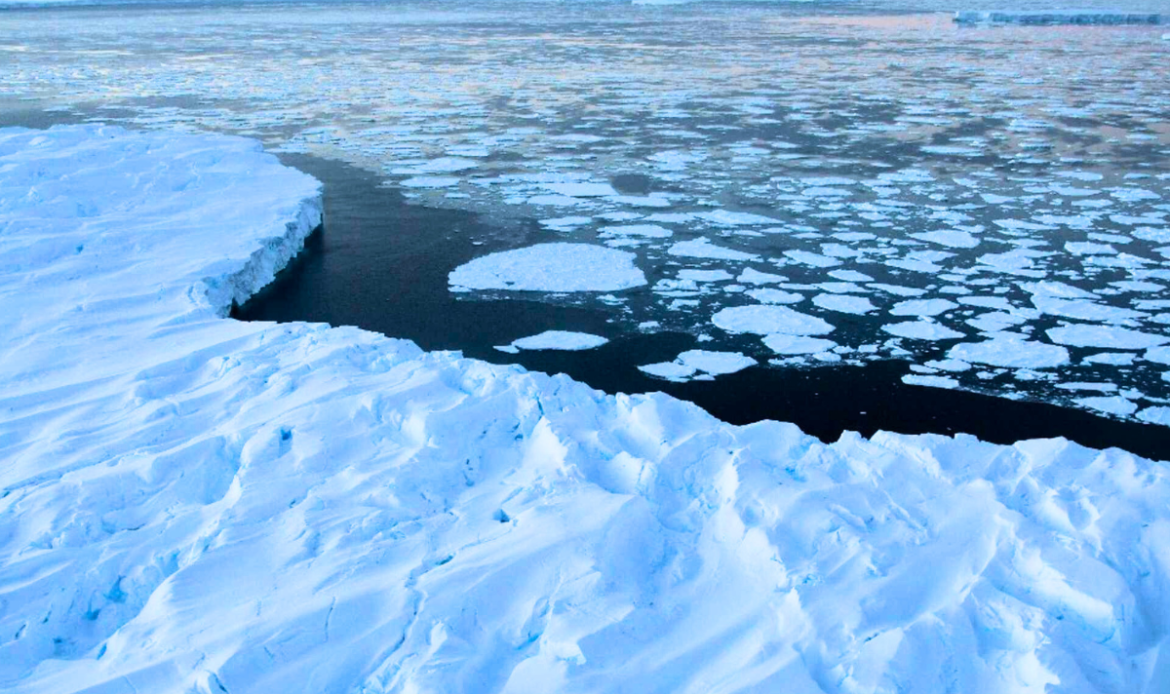Glaciers Lose 273 Billion Tons of Ice Annually, Raising Sea Levels
Glaciers worldwide have collectively lost a staggering 6,542 billion tons of ice between 2000 and 2023, resulting in a sea level rise of 18 millimeters, according to an analytical study published on Wednesday. This alarming trend highlights the accelerating impact of climate change on the planet’s ice reserves.
On average, glaciers shed 273 billion tons of ice annually during this period, as detailed in a study published in the journal Nature. The research forms part of the Glacier Mass Balance Intercomparison Project (GLAMBIE), a global initiative aimed at tracking changes in glacier mass.
Michael Zemp, a glaciologist who co-led the study, put this staggering figure into perspective: “To give you an idea, 273 billion tons of ice is equivalent to the total water consumption of the world’s population over 30 years, assuming each person uses 3 liters per day.” This comparison underscores the sheer scale of glacier ice loss and its implications for global water systems.
The GLAMBIE Project: A Global Research Effort
The GLAMBIE project, overseen by the World Glacier Monitoring Service and hosted by the
University of Zurich, is a cornerstone of international glaciology research. Hundreds of scientists from
across the globe contributed to this effort, compiling diverse datasets from field measurements and
advanced technologies. Tools such as optical and radar satellites, laser systems, and gravity-based
instruments were used to create a comprehensive annual time series of glacier mass changes worldwide
from 2000 to 2023.
Regional Losses: A Closer Look
The study revealed that since 2010, glaciers have lost approximately 5% of their total volume.
Central Europe has been hit particularly hard, losing 39% of its glacier ice, while regions like the
Antarctic and sub-Antarctic islands experienced a more modest decline of about 2%. These regional
variations highlight the uneven impact of warming temperatures on glacier systems.
Why It Matters
The rapid pace of glacier ice loss is a critical signal of climate change, with far-reaching consequences
for sea level rise, freshwater availability, and ecosystems. As glaciers continue to shrink, coastal
communities face increased risks, and water resources in glacier-dependent regions become less
predictable.




